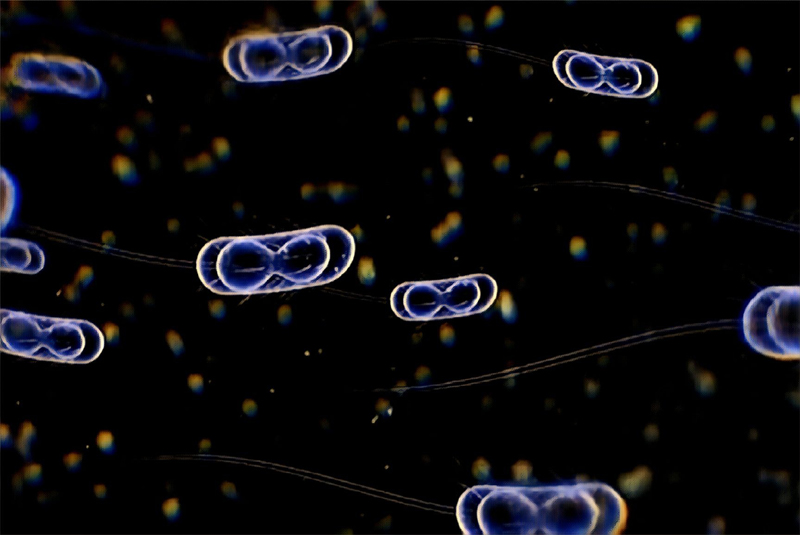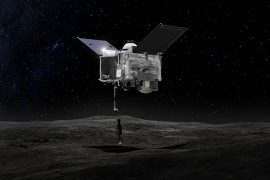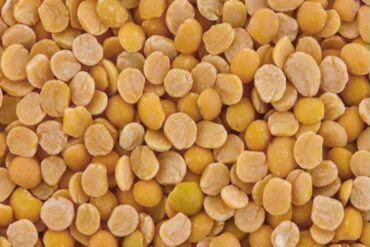In the last seven decades, humans have thrown away “6.3 billion tonnes of plastic.” However, only “600 million tonnes has been recycled–and 4.9 billion tonnes have been sent to landfill or left in the natural environment.”
Plastic contaminates the whole planet–from the Arctic to the deepest oceans. People are now consuming and breathing micro-plastic particles. Plastic takes years to decompose naturally. Currently, it is “very difficult to break down plastic bottles into their chemical constituents in order to make new ones from old, meaning more new plastic is being created from oil each year.”
Put simply, plastic pollution is one of the world’s most pressing problems. There is an urgent need to get rid of the billions of tonnes of plastic waste as soon as possible. But how can we tackle this challenge?
Scientific advances offer some hope. Researchers have discovered/created new varieties of microbes/enzymes that can help get rid of the plastic problem. In 1975, scientists discovered enzymes that “eat” nylon. In 1979, scientists published a research paper about the biodegradation of three synthetic polymers–poly(methyl methacrylate), phenol formaldehyde, and polystyrene–with some species of fungi, soil invertebrates, and a variety of microbes. However, they reported “extremely low decomposition rates.”
-30-
Copyright©Madras Courier, All Rights Reserved. You may share using our article tools. Please don't cut articles from madrascourier.com and redistribute by email, post to the web, mobile phone or social media.Please send in your feed back and comments to [email protected]











